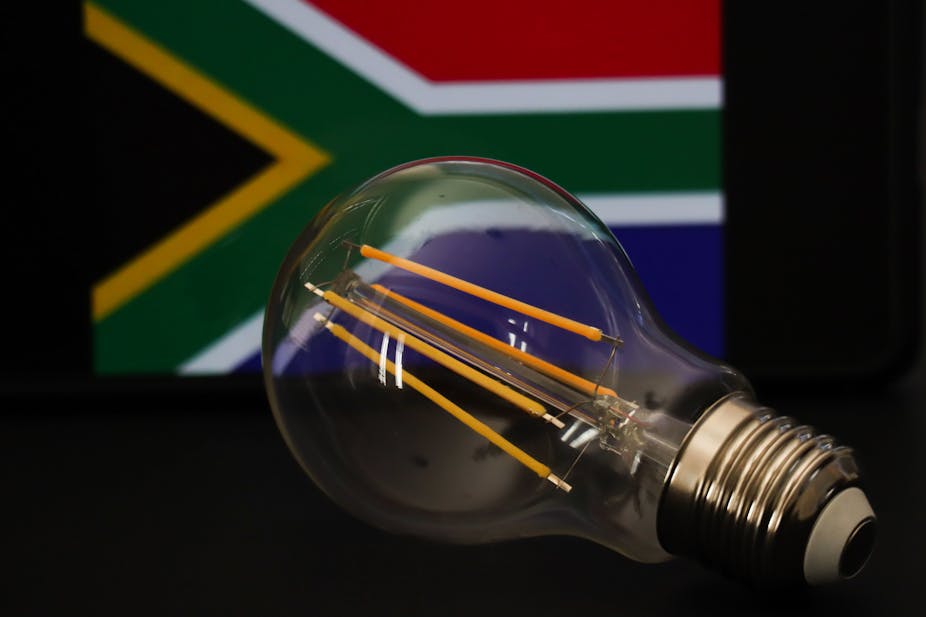At The Conversation Africa, we’ve been working with academic experts to try to make sense of the structural and governance factors driving South Africa’s power cuts and how to get the country out of this situation.
Here are five essential reads:
Eskom’s turnaround
Eskom faces the challenge of decreasing its dependence on coal while transitioning to a future of cleaner energy. At the same time, it has the urgent tasks of keeping its poorly maintained and ageing power plants running and getting rid of its debt pile of about US$27 billion. The utility’s CEO, André de Ruyter, explained to Anton Eberhard, director of the Power Futures Lab at the University of Cape Town’s Graduate School of Business, how he was trying to remake Eskom while navigating its many challenges.
Read more: South Africa's troubled power utility is being reset: CEO sets out how
South African power supply and demand trends
If Eskom is to keep its position as the country’s main electricity provider it needs to urgently start building new generating capacity. As David Richard Walwyn, a professor of technology management at the University of Pretoria, explains, large industrial users are finding ways to generate their own electricity. And as more sectors find alternative energy sources, South Africa simply won’t need Eskom in five years.
Read more: What it will take for South Africa's ailing power utility to keep going
Untapped wind and solar power
South Africa has ideal conditions for solar and wind energy. But these sources make up a surprisingly small portion of the country’s energy mix. Hartmut Winkler, professor of physics at the University of Johannesburg, explains how this can change.
Read more: South Africa could produce a lot more renewable energy: here's what it needs
Renewable energy from independent power producers
In October 2021 the South African government announced it was inviting private companies to compete for contracts to produce renewable energy and sell it to Eskom. This was part of a procurement programme that had started in 2011 but had been stopped in 2015 by Eskom’s leadership at the time. The latest invitation to bid was met with scepticism. One of the main concerns was that the low number of bidders would lead to market dominance by a few players. Wikus Kruger, a researcher in renewable energy at the University of Cape Town, addressed these concerns and pointed out that, if implemented properly, such projects could restore energy security and eventually reduce power prices.
Read more: Myths and truths around South Africa’s recent renewable energy auction
Emergency power provision
The renewable energy procurement programme was resuscitated after the 2021 State of the Nation Address, when President Cyril Ramaphosa offered an action plan to develop additional power generation capacity in the short to medium term. Hartmut Winkler wrote that while these interventions were indeed critical, they wouldn’t go far enough to reach power stability. South Africa would have to contend with electricity blackouts for at least the next five years.
Read more: Why South Africa's electricity blackouts are set to continue for the next five years

